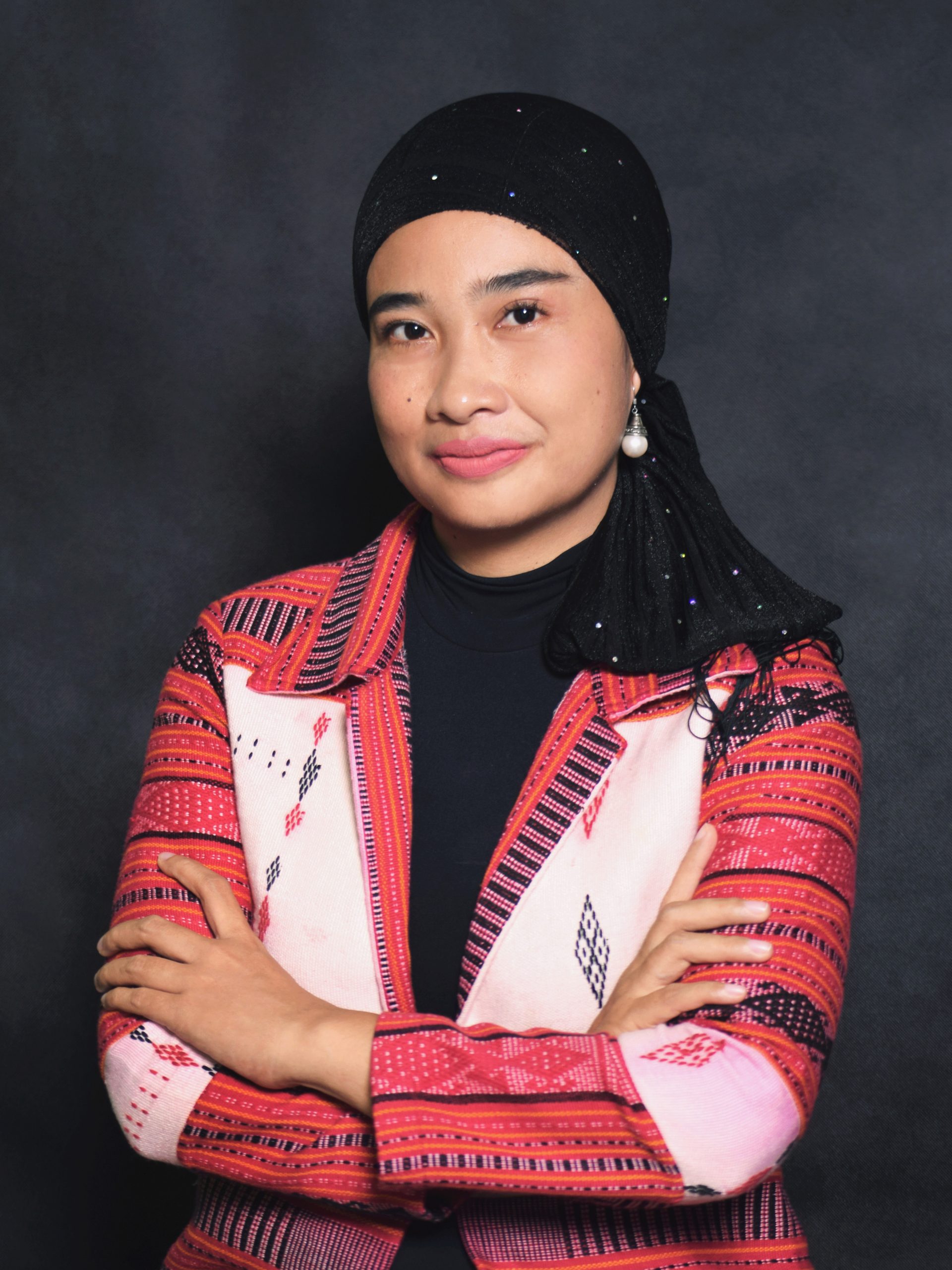
Okky Puspa Madasari
Nationality: Indonesia
Faculty & Year of Study: Faculty of Arts and Social Sciences, Year 2
Undergraduate: Gadjah Mada University, Indonesia
"Oxford, Cambridge and Harvard may be the world's best, but in Asia and studies of Asian people, NUS is the King."
